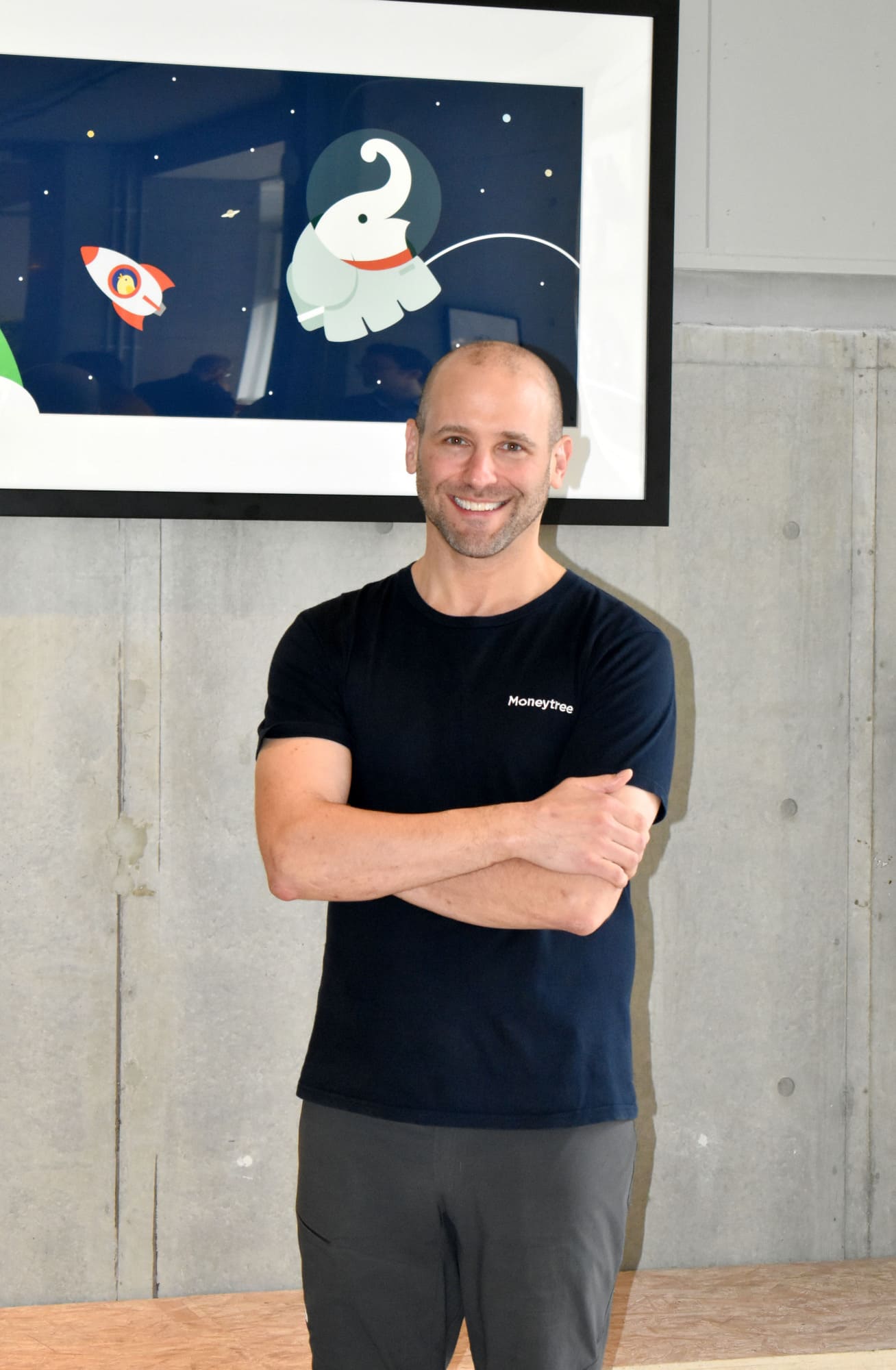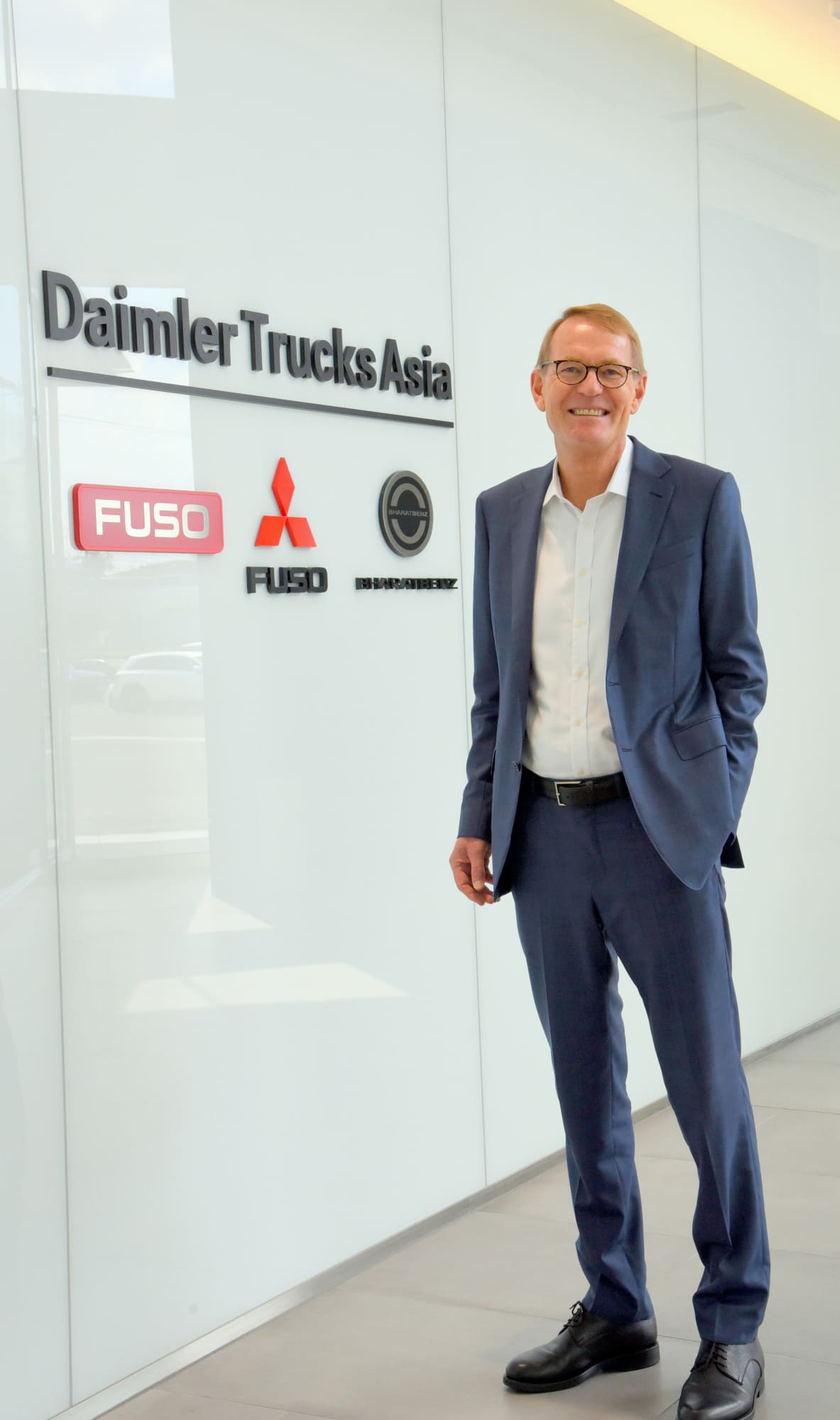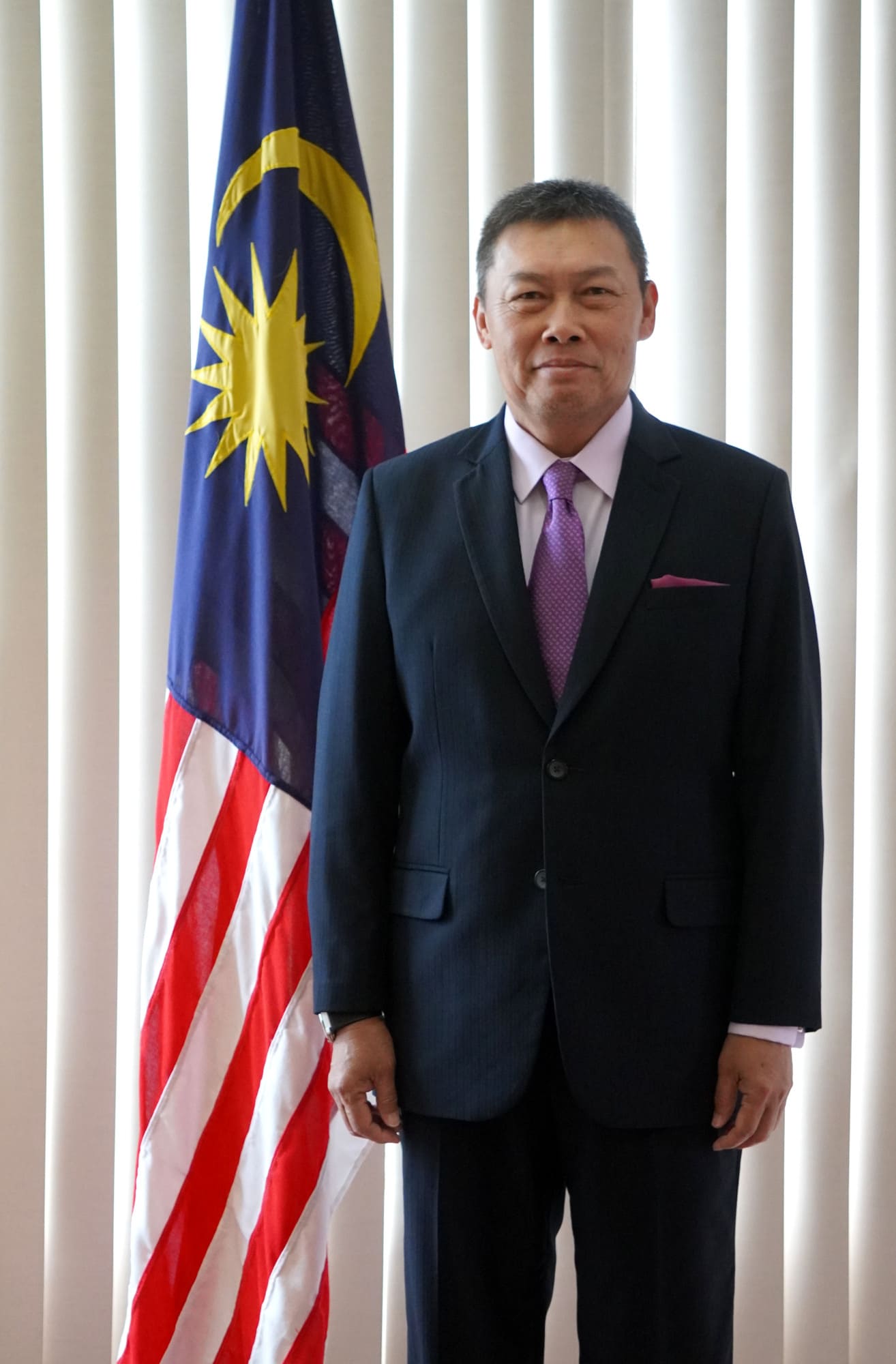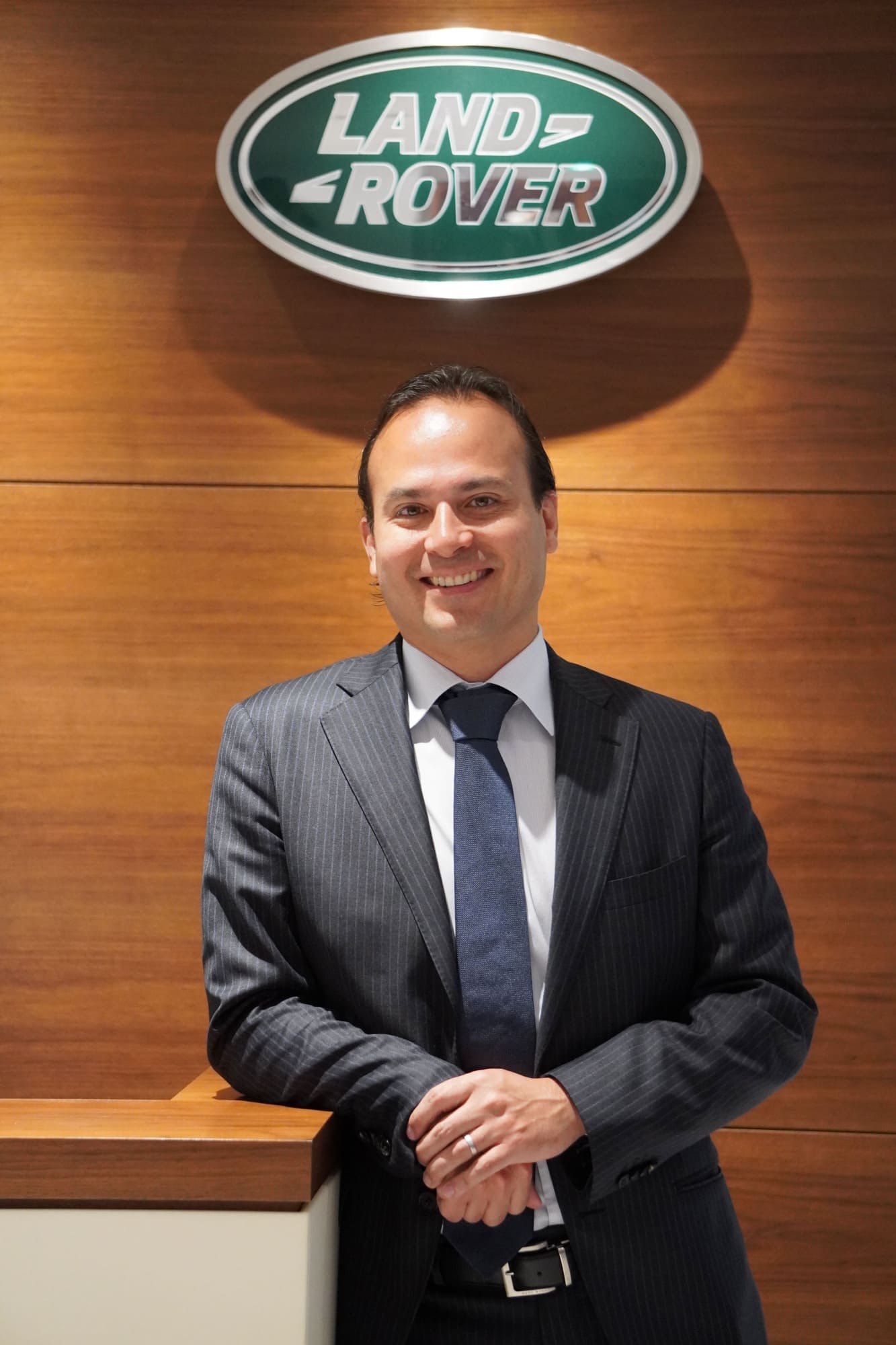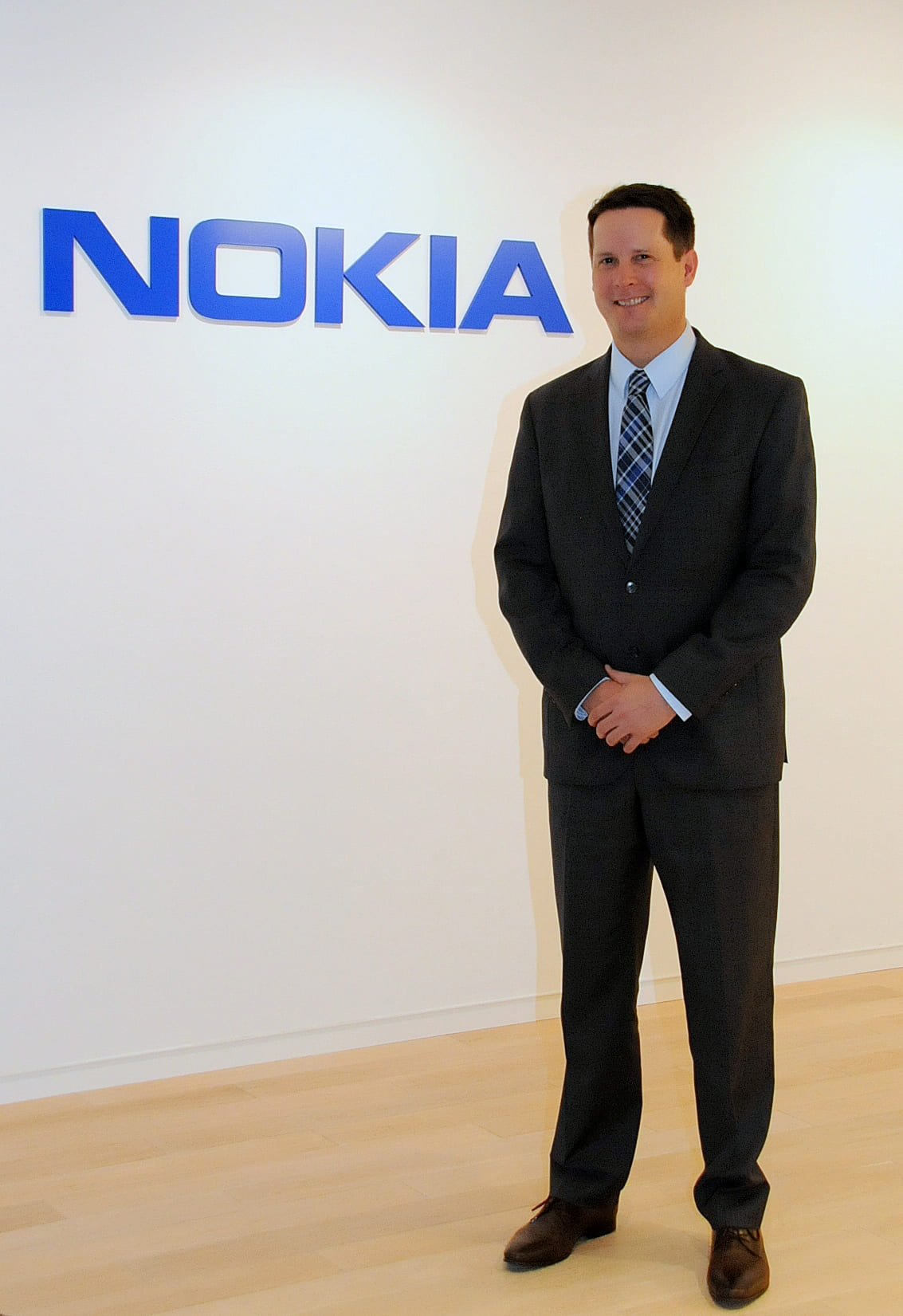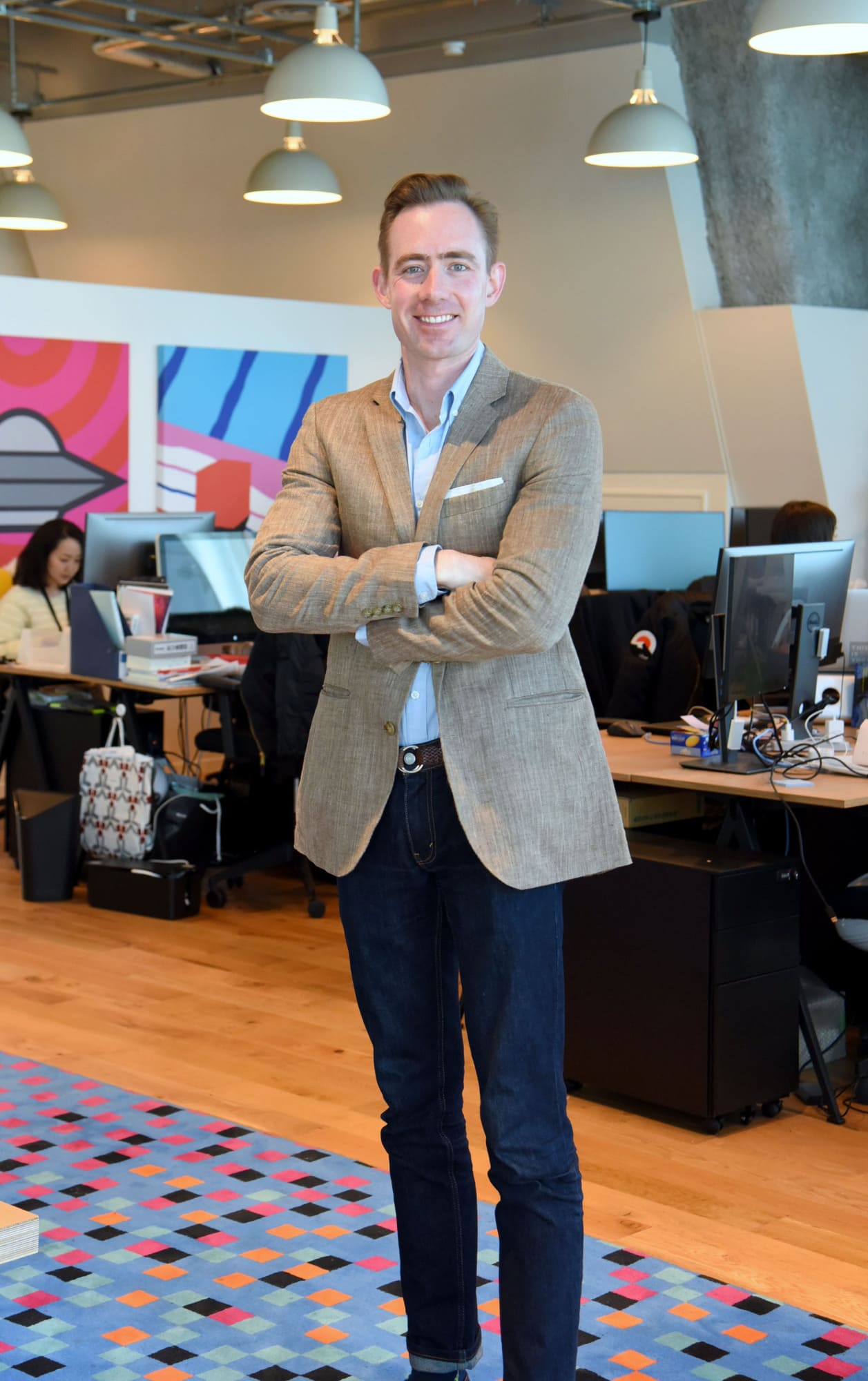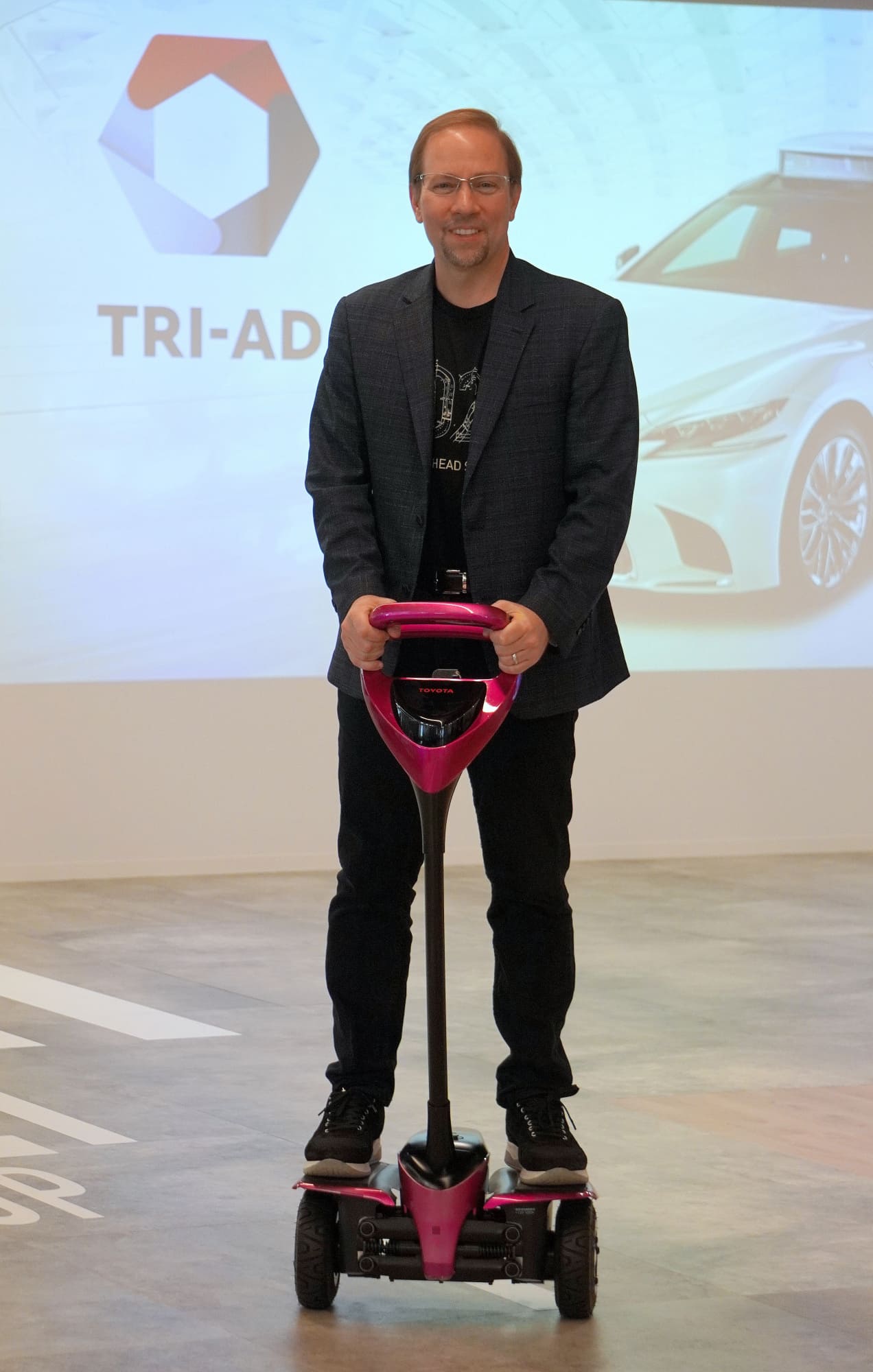
December 22, 2019
Vision for automotive tech merges safety, creativity
James Kuffner draws on past experiences to create an inspiring workplace
BY ARI SHARP
CONTRIBUTING WRITER
- Name: James Kuffner
- Title: CEO, Toyota Research Institute – Advance Development
- URL: https://www.tri-ad.global/
- DoB: January 1971
- Hometown: Portland, Oregon
- Years in Japan: 11 (cumulative)
Those who wander into TRI-AD’s Nihonbashi office would be hard-pressed to miss the Toyota Winglet — a personal mobility device that resembles an electric scooter. Visitors might even see CEO James Kuffner taking it for a spin along the quarter-kilometer track that loops around the office.
Kuffner and his 430-strong team of innovators at TRI-AD, Toyota Research Institute — Advanced Development, want to develop safe and affordable automated vehicles and advanced safety technology.
If anyone can turn the vision into reality, it is Kuffner. The perennially optimistic 48-year-old American has impeccable credentials in robotics, mixed with commercial nous and genial charm.
“We want people to experience something that is fun to drive safely,” he said. “We believe this technology can provide people with more freedom of mobility, and when you have mobility a positive cycle can be generated, especially for an aging society.”
Toyota holds the lion’s share of TRI-AD, with components makers Aisin and Denso each holding 5 percent. The investors have pledged $2.8 billion toward developing the joint venture.
As Kuffner explains, software is fundamental in automated vehicles, which can be shipped with millions of lines of code.
“Writing software is an art and a science, much like origami,” he said. “The master craftsmen of Japan are striving to achieve perfection. I would like to harness that passion and try to create master craftsmen of new technology and software.”
In the same vein, Kuffner wanted TRI-AD’s logo to reflect the combined efforts of East and West. The red, black and gray hexagon was inspired by the paper craft.
To create the right environment, Kuffner has drawn on his two decades in Silicon Valley. Employees in the spacious office sit in clusters of six facing outward, but can turn around for a rapid-fire team meeting. Employees can work remotely when desired, no meetings are scheduled for Fridays, study on company time is encouraged and games sit atop communal counters.
“I’ve seen how having a happy, creative, fun, inspiring workplace can foster inspiration and innovation,” he said. “The perks we offer are a small price for attracting top talent and being competitive. I’ve seen how it can produce lasting advantages.”
Since TRI-AD opened in Tokyo last year, more than half its hires are non-Japanese, although less than a quarter are women.
In the short term, he is keen to get vehicles on the road that meet levels two and three of SAE (Society of Automobile Engineers) International’s scale that measures the level of control a vehicle has compared to a human driver.
Level five is the highest and indicates the machine has complete autonomy over movement and navigation, while two and three reflect partial and conditional automation; in other words, a vehicle can detect its environment and make decisions, but requires a human ready to take the wheel.
Kuffner describes automation as a teammate for the human driver rather than a substitute for it. He has recruited leading user experience experts to ensure the technology complements users.
“You have to build a product that is easy to use,” he said. “Building the technology for automated driving isn’t enough, we also have to make it usable and intuitive and safe. Those are all interrelated.”
Leading TRI-AD’s mission is the safety benefit of automated driving. Kuffner explains that there are 1.3 million road traffic deaths around the world each year, the majority attributed to human error. If machines — which don’t get distracted by mobile phones, drink alcohol or misread maps — were in control that figure would likely fall.
But for regulators, merely improving on the fatality rate of human drivers is not enough. Automated vehicles are expected to have near-perfect safety. Getting regulators comfortable with testing automated vehicles in real-world conditions is challenging, let alone making the products that result available to consumers.
Kuffner wants to work with regulators for safe automated driving. Open dialogue with the industry, bringing in researchers as well, can help the technology develop while keeping consumers safe.
“We have to balance the speed of innovation and having some regulation in order to protect society,” he said. “You don’t want to have too much regulation, otherwise you’ll kill innovation. This technology is going to evolve, it will just happen in other countries if one country decides to over-regulate it.”
He argues that Japan is well suited to taking the lead. Its streets are well maintained and uncluttered, and people are comfortable interacting with robots.
As a child in the 1970s, the sci-fi worlds of “Star Wars” and “Star Trek” sparked Kuffner’s imagination and the voracious reader used to max out his library card. He started coding as a student, developing video games.
“The computer is the most complicated device that humans have created,” he said. “You cannot build a computer today without a computer, the complexity has gotten so high.”
Looking to next year, Kuffner is excited about TRI-AD’s first product launch. Details are under wraps, but Kuffner described it as an intelligent, powerful supercomputer on wheels, blending deep learning with 360-degree perception and software that can be upgraded remotely.
When it hits the road, Kuffner and his international team of engineers will be celebrating — then looking for ways to make it even better.
Extensive career in robotics, innovation
James Kuffner obtained a Ph.D. in robotics from California’s Stanford University in 1999. He was a Japan Society for the Promotion of Science postdoctoral research fellow at the University of Tokyo, where he worked on software and planning algorithms for humanoid robots. In 2002, he joined Carnegie Mellon University’s Robotics Institute.
Kuffner co-invented the rapidly-exploring random tree algorithm, now a standard benchmark for robot motion planning. He has published more than 125 technical papers and holds more than 50 patents.
Until 2016, Kuffner was engineering director at Google for seven years, where he was part of the team that built Google’s self-driving car. In 2010, he coined the term “cloud robotics” to describe how network-connected robots could exploit distributed computation and data stored in the cloud.
Kuffner joined the Toyota Research Institute in the United States in 2016, before moving to Japan in 2018 to lead the TRI-AD — a joint venture between Toyota, Aisin and Denso.

